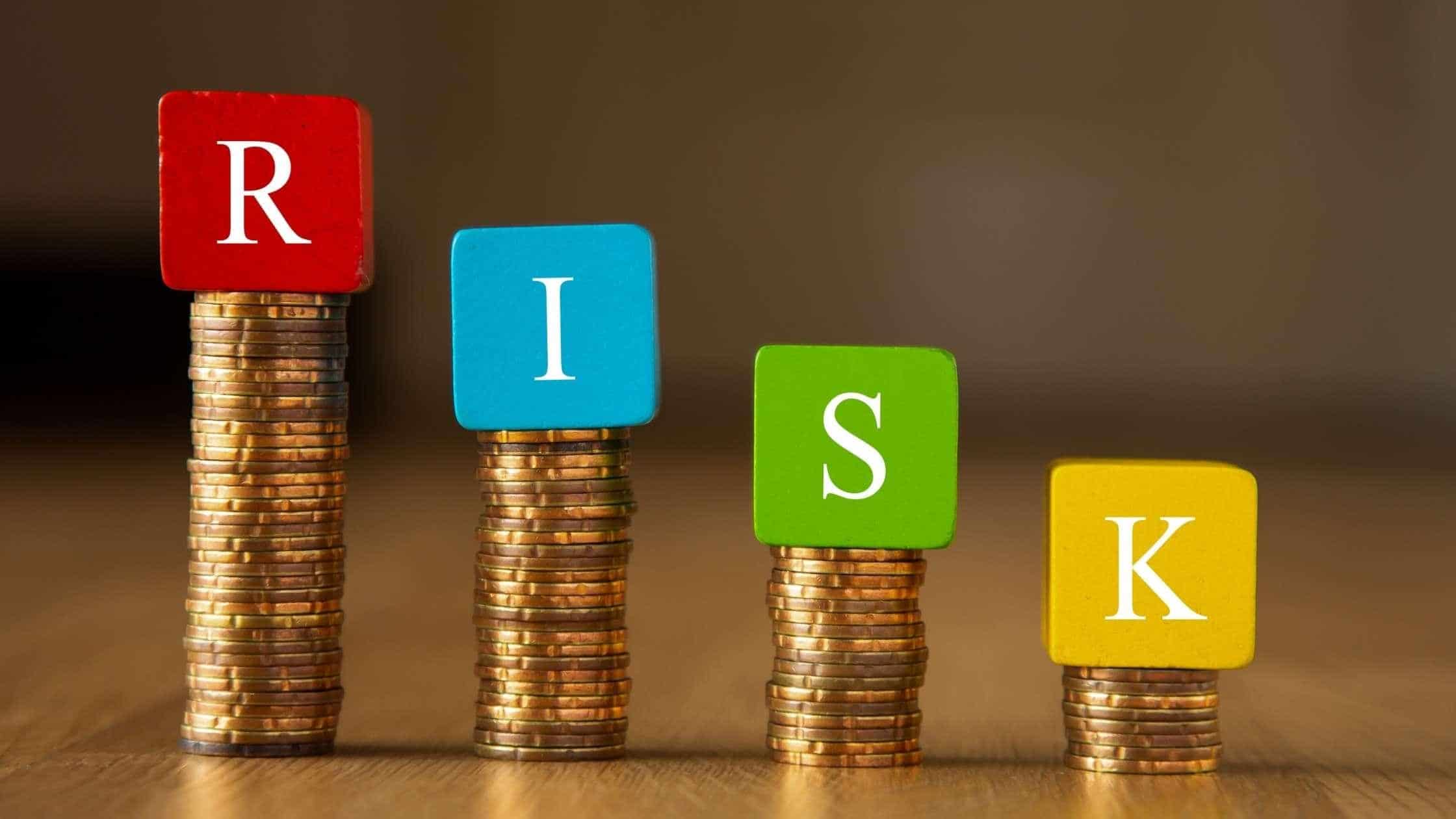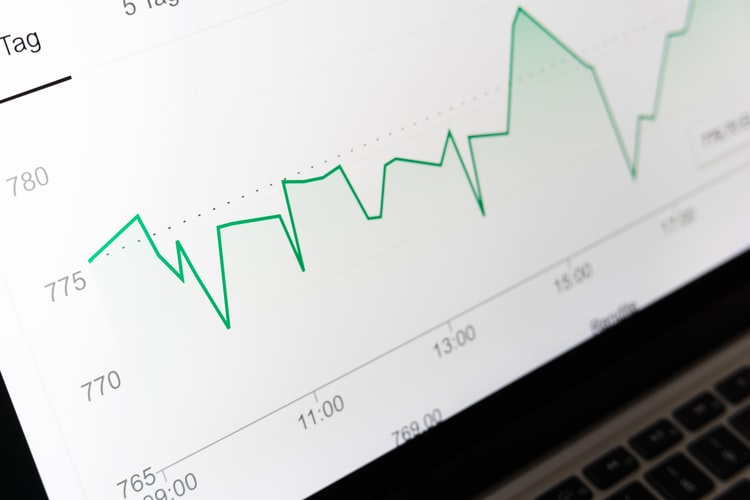Small companies are a vital ingredient of the national economy. In the United States alone, there are 31.7 million small businesses. They provide 64% of all new employment produced in the country. More than half of all small firms fail within the first year, and more than 95% fail during the first 5 years.
Furthermore, 66 percent experience financial woes. For 43 percent of small companies, the challenge is paying operating overhead. This happened after work from home became the mainstream, with a majority of Americans working remotely in the year 2020, lowering expenses for businesses to prosper. Additionally, 60 percent of businesses closed as a result of the virus.
Here are 5 major financial risks to avoid while establishing your business:
1. Don’t Go Up-Beat With The Prices
It is very hard for a business to start with a high price for a product or a service and then tone it down due to lack of engagement. Instead, you should be moderate and even low with the prices at the start because it will get you enough traffic.
But don’t rely on those prices for too long because business needs to thrive, start increasing prices gradually. Use customer service and social media to inform the people of the quality you maintain, people always are ready to pay a little extra if they know the quality is maintained.
2. Avoid Taking a Loan if You Don’t Need One
Just because you are starting your business, does not necessarily mean that you have to have a good amount on one hand. This type of thinking can stress you out even before the process starts and can numb the creative juices.
Furthermore, bank loans are always given with interest, and if your business does not keep up, you might end up in a filthy debt. Try to work with the resources you have and once you have established your name then maybe consider taking out a loan to expand.
3. Think About Having Multiple Business Models In One Business:
If you are a product-based business, don’t just rely on that, if you are a service-based corporate, don’t say that the revenue will be generated only from that. Instead, create an online presence and figure out other means of generating revenues as well. Social media campaigns and blogs can help you get ads and thus more revenue from multiple sources.
4. Getting People Employed When You Don’t Have Money
It’s true that you are on the road to progress but test your business out with self-help in the first months, and when the processes of revenue generation are smooth, then look for additional help. It will save you from the unnecessary mental pressure of paying someone when you are struggling with profits.
5. Always Get a Legal Framework In Order
Work hard on your policies related to customers and services. Invest in getting licit legal help and building the right nest for your legal protection. Getting the right insurance is also a part of building your legal frameworks.
Talisman Casualty is a leading provider of general liability insurance for small contractors in Las Vegas, you can consider them for your business legalities. Having professional help will aid you in making the right decisions timely.
Read Also:
- Benefits of NBFC Business Loans
- What Are the Alternatives for Small Business Startup Loans?


























